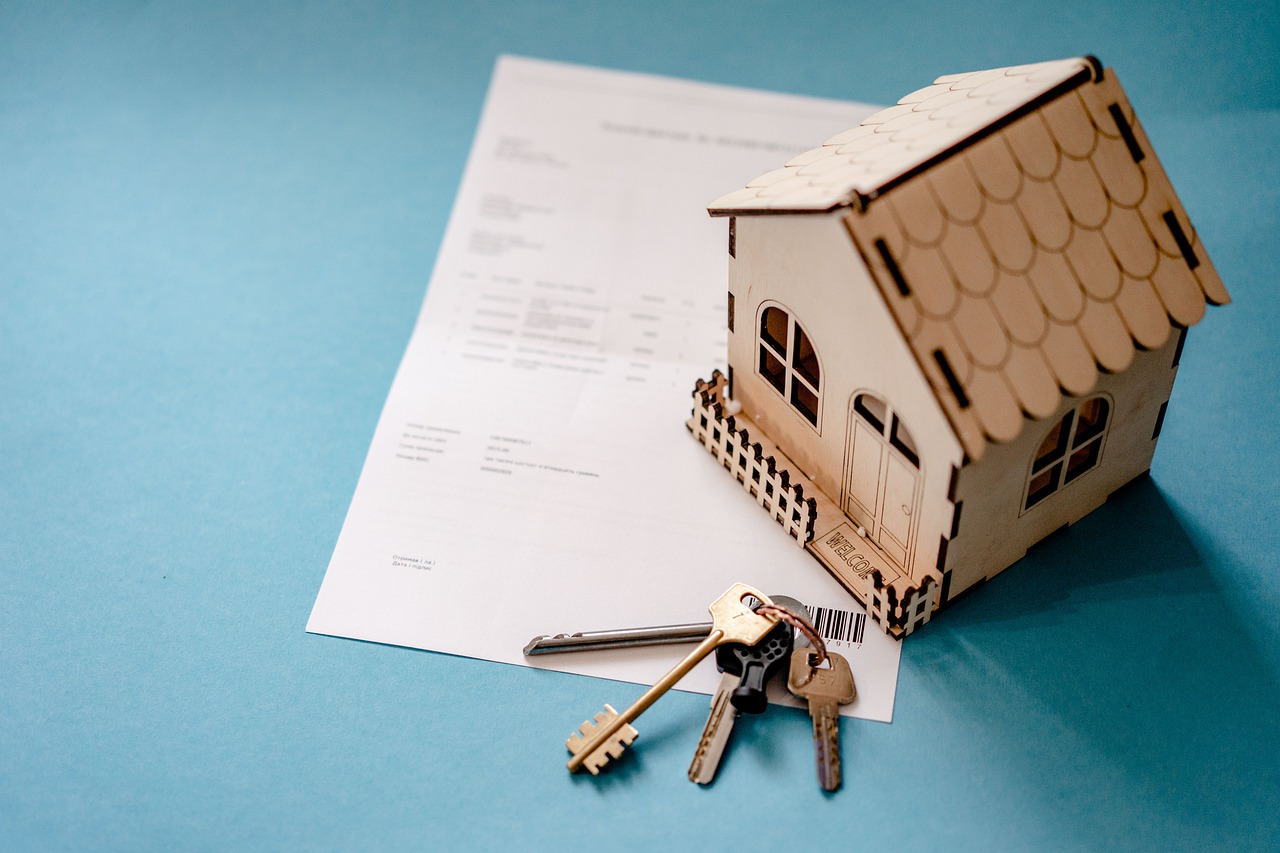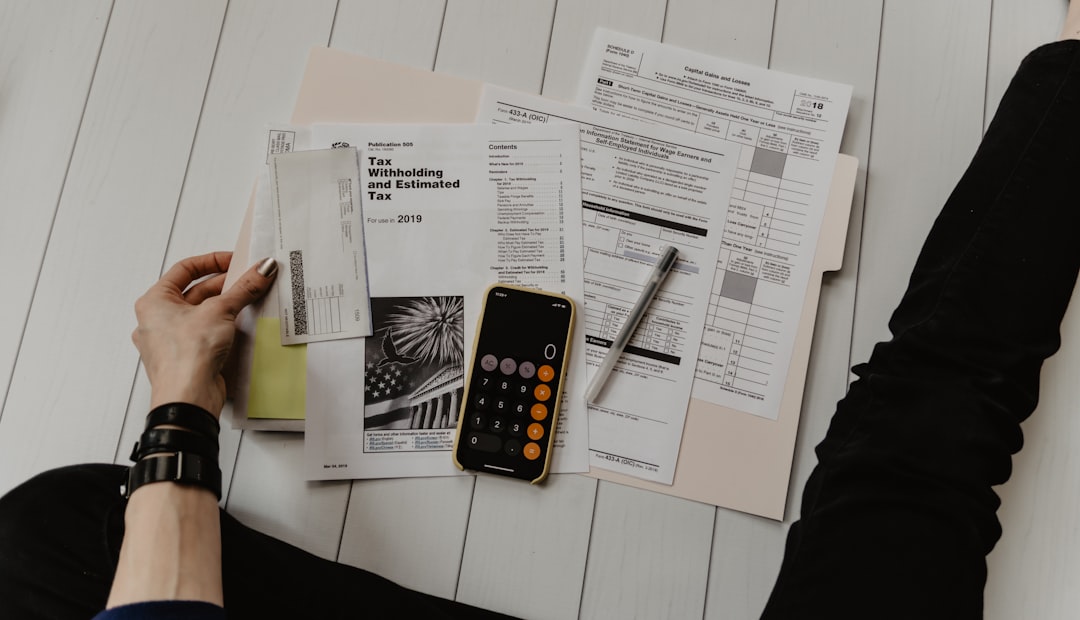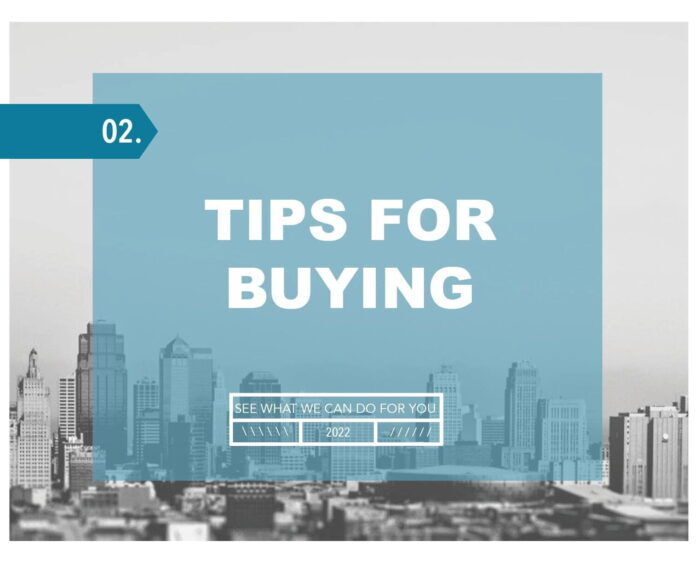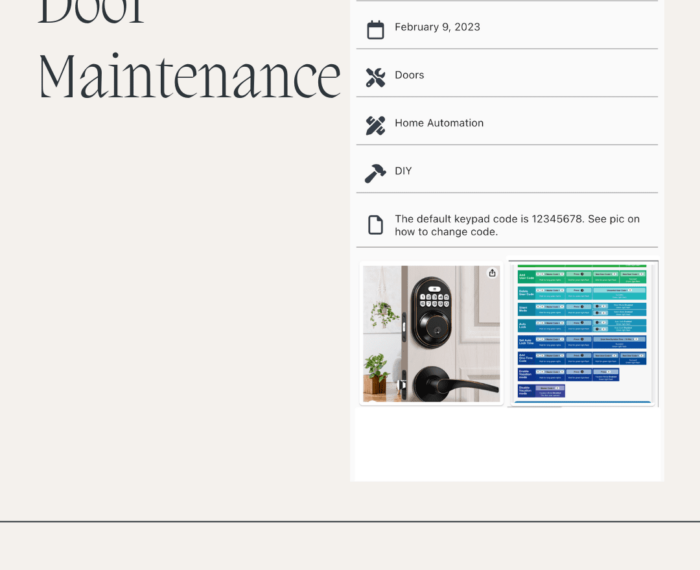1. Get your Credit in Order
2. Find an Agent
Additionally, an agent has access to properties as soon as they come onto the market. Many of the big property search websites don’t display new properties or changes for a day or two. An agent can set you up to get new listings the minute they hit the market. And don’t wait for open houses to view homes, the agent you choose can get you into homes for private showings on your schedule. Contact a HomApt Agent today.
3. Get Approved with a Lender
These days many sellers won’t accept offers that do not also come with an approval letter form a lender. If you go out home shopping without already being pre-approved you could be setting yourself up for disappointment if you find a home that you LOVE. Once you have spoken with a lender they will be able to give a loan summary that breaks down what your payment will be every month.
Sometimes you might be approved to buy higher than you are comfortable with and it’s a good time to look into what you’d like your payments to be and base your home search on those numbers to makes sure you are happy with your home purchase for years to come.


4. Explore Down Payment Options
Conventional Mortgages conform to standards which are set by the government entities Fannie Mae and Freddie Mac. These mortgages can require as little down as 3%.
FHA Loans are mortgages that are insured by the Federal Housing Administration and require as little as 3.5% down.
VA Loans are guaranteed by the Department of Veterans Affairs and can sometimes allow for no down payment at all.
Making a higher down payment will allow for lower monthly payments, but if you want the lowest monthly payment a 30-year mortgage would be for you. If you want a lower rate and can make higher payments each month a 20 or 15-year mortgage would be a great fit and can save you a whole lot of money on the life of the loan.
5. Research Where to Live
6. Communicate with Your Agent


7. Make a Competitive Offer
8. Get a Home Inspection
A great inspector will also be able to point out issues that may not be a problem now but could cause future damage. On the flip side something you think might be a big issue that you have reservations about, the inspector might be able to give you some insight into how it may just be an inexpensive fix that you could take care of yourself and not have to ask the sellers to repair and possibly derail you from buying the home you love. Often times a home inspection will point out minor safety issues that sellers will usually have no problem taking care of, but it’s always good to have that inspection contingency safety net in place.
9. Budget for Future Needs
If you put a little money away every month you will have the funds to get that new AC when it goes out in the middle of the summer or when you decide you don’t like the laminate countertop you didn’t mind so much when you bought the house. Having a special fund will make homeownership a lot less stressful when the inevitable breakdown of something occurs.



